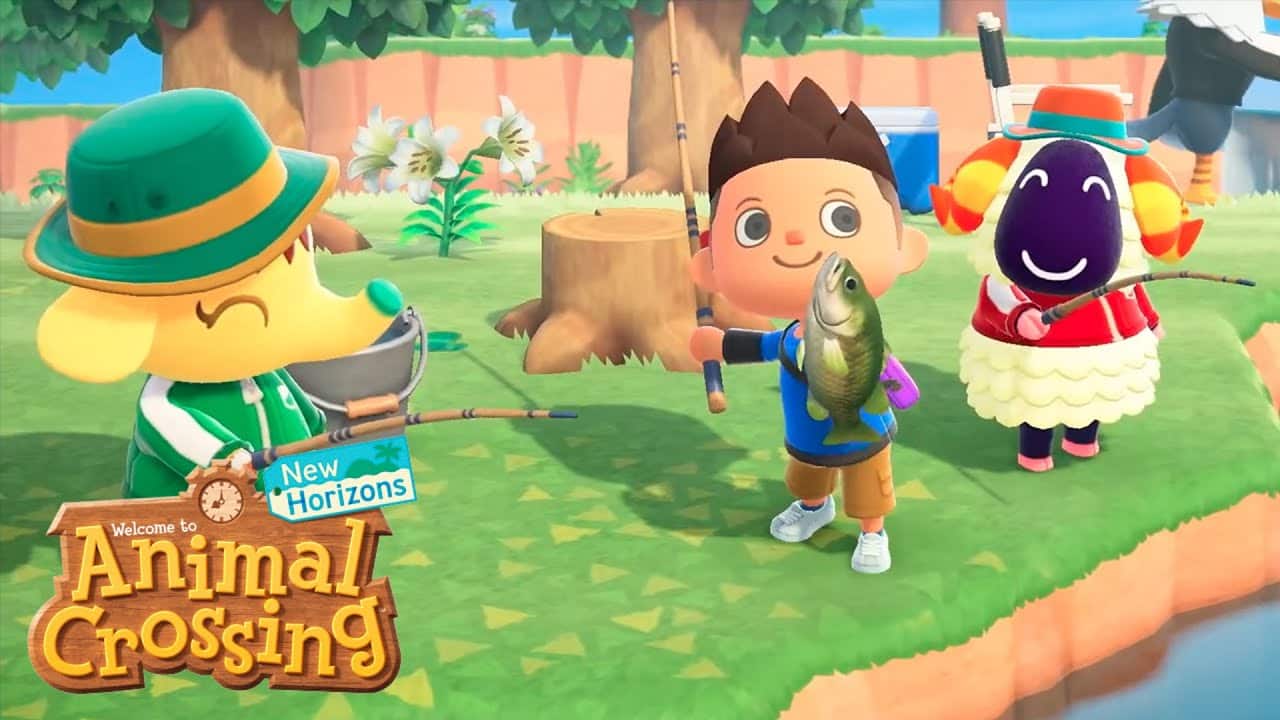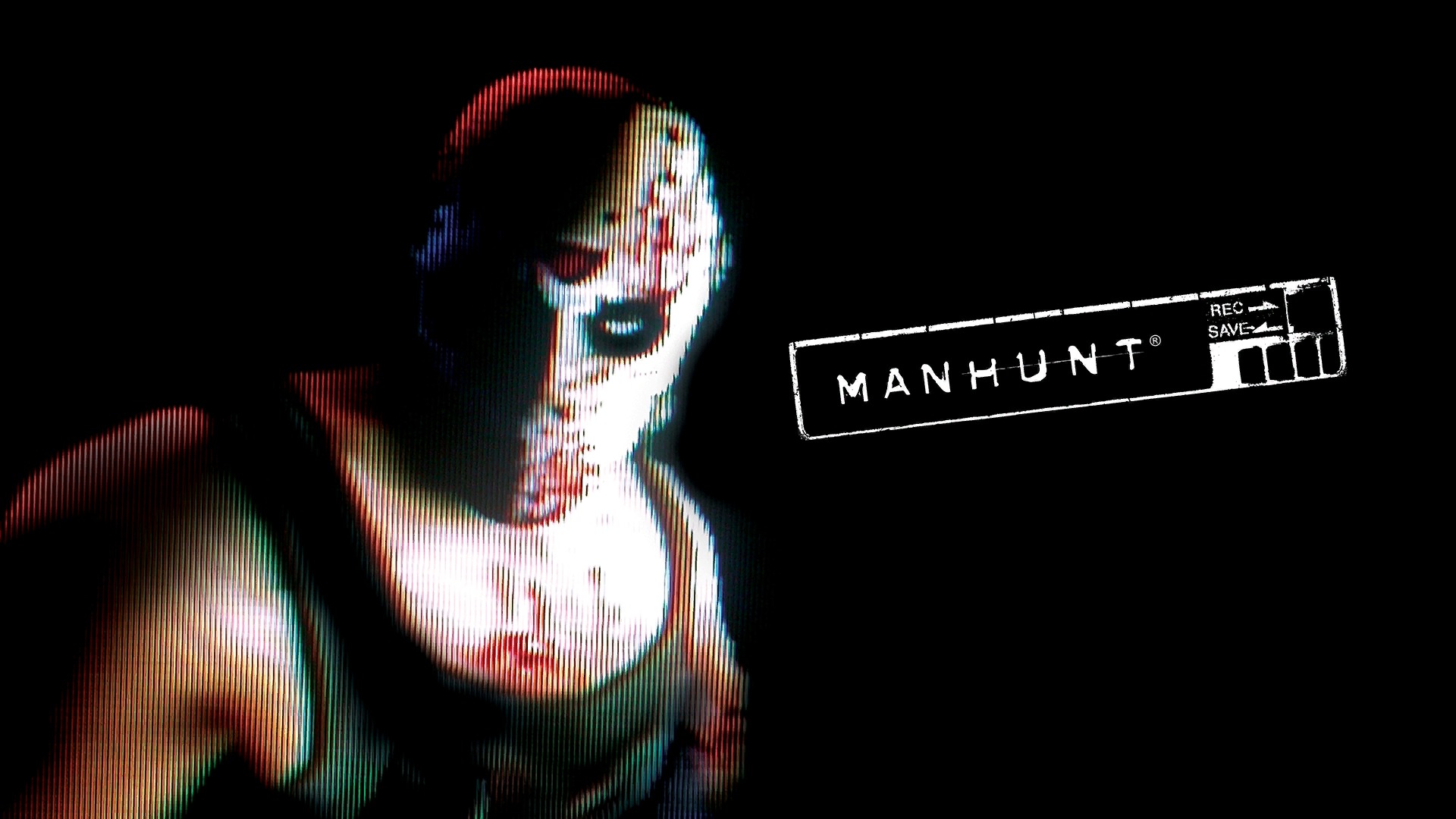When was the last time you heard about a complete ban on the sale of a certain game in different countries? Personally, it’s been a long time since we were talking about the banning of Call of Duty: Modern Warfare 2 in 2009.
The “Not a Word in Russian” mission, which proposed… Yes, you remember even without me that. In our country they tried to ban the game entirely, but they limited themselves to censorship and the removal of a bad episode.
And in the Japanese version of the same “battle,” when you tried to shoot a civilian, the game ended with a death screen. This is a kind of protest against the bold ideas of the developers.
What am I getting at anyway: let’s look today at games that were actually completely banned in different countries. Let’s look at the reasons and think about how right it is to do this.
1. Company of Heroes 2
Where it is prohibited: Russia
And since I mentioned our country in the introduction, let’s start with it. Do you even remember anything about the Company of Heroes series? I personally am just annoyed by the first trailer, because for the hundredth time they showed me a strategy about war, which I was tired of when I was a schoolboy.
And then a sequel came out, which, it would seem, no one should care either… But one interesting nuance became clear.
For some reason, the developers from Relic decided from a game about the feat of a Soviet soldier (That’s what the game’s marketing said before it came out.) make not just cranberries, but real cranberries, covered with arguments that, they say, “that’s how it happened.”
According to the plot, the main characters betray their own, kill innocents, burn their own villages with the inhabitants inside, show cowardice and much more. The whole story is full of assumptions and liberties of the screenwriter, which is unacceptable for, excuse me, a product with a claim to historical accuracy. No one pulled the trigger on Relic; they themselves insisted on this in promotional materials.
All this led to the fact that the publisher 1C-SoftClub decided to withdraw the game from sale in our country.
2. BATTLEFIELD 4
Where it is prohibited: China

In general, a lot of things are prohibited in China, but there are a couple of interesting cases. The first one is related to the last good part of the Battlefield series.
It’s worth clarifying how serious things are: after the game was released in 2013, the Chinese Ministry of Culture officially banned it as threat to national security. The Chinese press was required to remove all publications and news related to the game within 24 hours from the start of the ban.
What’s the matter, you ask? First of all, in the plot and multiplayer features. The fact is that the developers from DICE decided to write a script about a large-scale war between the United States and suddenly not Russia, but China, and present the latter as terrorists.
The Chinese troops in the game are cruel, do not spare civilians and are generally real bastards. At the same time, in the game itself, no one thought to put up an obvious disclaimer that all events are fictitious and any similarity is nothing more than a coincidence.
Of course, BATTLEFIELD 4 did not fail in sales even without the Chinese market, but the situation became another sign for the industry – China is not a joke, especially if you love money.
2. Animal Crossing: New Horizons
Where it is prohibited: China

Why can this cute game be banned, which united the whole world in 2020 and helped many survive isolation? There’s nothing like that there – run around, make friends with the animals, collect turnips, decorate the house, and don’t forget to visit your friends on the islands…
…to organize anti-government rallies there and anger the authorities of their country. The fact is that in Animal Crossing, in addition to a rather interesting cooperative mode, it is possible to create your own drawings, flags, clothing designs, and so on.
It was these tools that a certain Joshua Wong used. He gathered several friends on his virtual island, wrote several illegal slogans on the ground and peppered it all with portraits of officials, on whom he began to jump (He did all this in a computer game, just in case I remind you) while his teammates stood and clapped.
Wong posted screenshots of the performance on Twitter, and in the very near future the authorities demanded that the game be immediately removed from sale, access to the servers closed, and the joker punished. At least the first two requirements have been met and are still being met.
3. Spec Ops: The Line
Where it is prohibited: UAE

Spec Ops: The Line is a surprise game. The commercials promised us a driving and fun action game with innovative sand physics and destructibility. And what we got was a spine-chilling horror film about war and what it does to ordinary people.
In general, for the scene with white phosphorus and the general atmosphere of tin, the game developers could have been summoned to some kind of ethics commission.
But the toughest ban came from unexpected places. Dubai authorities were openly offended by the way the city was presented in the game. Desolation, devastation and people hanging from poles – all this was not greatly appreciated by the National Media Consulate of the United Arab Emirates, and it was decided to ban the game from sale in the country.
And this year, unfortunately, the project was removed from sales in the rest of the world, the reason for this was legal nuances related to the music in the game. Nobody wants to renew expired licenses for a failed (in terms of profit) shooter. Unfortunately, we will never see a continuation of Spec Ops: The Line; the series is officially dead.
4. Manhunt dilogy
Where it is prohibited: Almost all European countries, South Korea, New Zealand

Strictly speaking, in this section we could talk about all of Rockstar’s activities at the beginning of the 21st century, tell how the Houser brothers openly infuriated various ethics commissions and politicians on TV. But this is worthy of a separate article, so here I will only talk about the culmination of the struggle of the creators of GTA against the defenders of morality.
Sam Houser is one of the most important people at Rockstar and overall an interesting person. At one time, he did not hesitate to openly send critics of the GTA series to hell (and with selective obscenities), openly make caustic jokes about competitors in the genre (the Driver series was constantly ridiculed in different parts of GTA), and he openly hated any defenders of children from bad video games.
In the early 2000s, the gaming market was rocked by GTA 3 and its expansion, Vice City. Gamers were delighted, and politicians were furious, because the game encouraged violence and cruelty and glorified banditry. Rockstar in general and the Houser brothers in particular were hit with a whole wave of accusations of creating a virtual guide for an aspiring criminal.
No matter how strange it may sound now, it was the chain of scandals associated with GTA that became the reason for the creation of Manhunt – for its age, an extremely cruel game that can be classified as a maniac simulator. And its 2007 sequel raised the bar even higher. Both projects truly (unlike GTA) encourage sophisticated murders and bestial cruelty; there is simply no other way to play them.
The Manhunt duology was a demonstration of how cruel games can truly be. Sam Houser did this on purpose to show the world what the line is between a game and a snuff video. Both parts are prohibited in many countries, including ours. The passion for this game is attributed to various mass murderers and criminals, among others. However, it is worth remembering that Manhunt is just a video game with so-so gameplay, by the way.
5. Thrill Kill
Where it is prohibited: worldwide

Speaking of murders. Have you heard anything about the game, which in translation (approximately) into Russian is called “Ghastly Murder”? I’m sure some even played it. Although this game is prohibited absolutely everywhere.
The game was developed by Midway Studios Los Angeles, who you may remember from Mortal Kombat: Shaolin Monks on PS2 and the X-Men fighting games on PS1. Actually, Thrill Kill was developed in the fighting game genre for the first PlayStation and was supposed to be released in 1998.
Only the publisher, when he saw the final version of the game, canceled the release and recalled all copies sent to stores. True, someone managed to copy the disk and post it on the Internet, thanks to which we can play this “masterpiece.”
The reason for Thrill Kill’s cancellation is both simple and complicated. On the surface lies the fact that for its time it was an extremely cruel fighting game, where enemies had no health bar, and victory was achieved solely through torture and dismemberment (in the game the mechanics were called “killing for pleasure”), but if you dig deeper, you can see some corporate intrigue.
The game was originally published by Virgin Entertainment, who, naturally, were well aware of the content, and even had the idea of sending copies of the game to various ethics commissions with a “Check out what a hit we made!” postcard. But in 1998, the publisher was bought out by the well-known Electronic Arts, which, without warning the developers, canceled the game.
The team learned that Thrill Kill would not be released from articles on the Internet. The reasons for the cancellation of the game were never officially reported, but according to indirect signs, an ardent opponent of violence in video games and a good friend of the then EA directors, Senator Joe Lieberman, was involved. There were rumors that the cancellation occurred at his personal request.
Which game would you personally ban?
And here I propose to stop, because the iceberg of prohibited games is actually even deeper. In the material, I tried to primarily cover those games that were officially released, but banned in some countries.
In their projects, developers sometimes really go too far with plot twists or gameplay. On the one hand, this helps the game stand out and be heard in the gaming community, but on the other hand, there is a risk of becoming a banned product, which can only be learned about from articles such as this one.
Without links to purchase, of course.
Finally, I want to ask the readers a question: how do you feel about game bans? And if you could, what game would you, without hesitation, ban forever?
Source: www.iphones.ru


